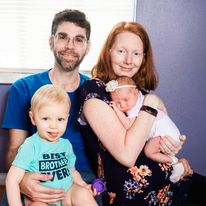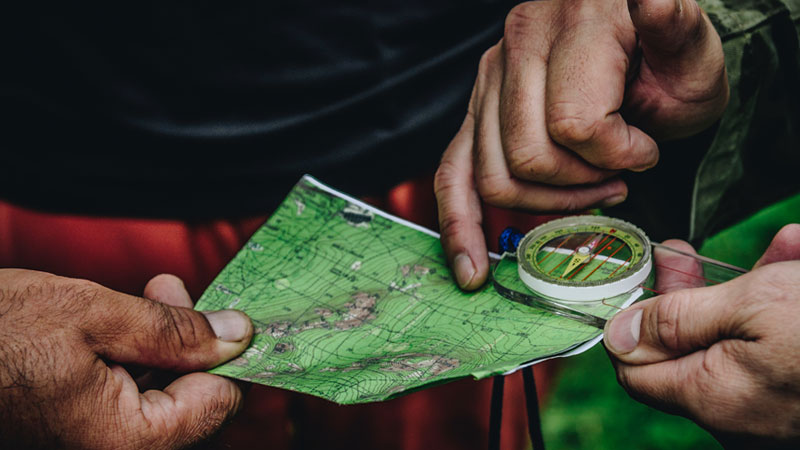Last Monday we looked at the very dry area of how we can know what we know (epistemology). Why? The internet, social media, and media in general, are good at giving you memes and sound bites. No real knowledge, just information floating disconnected in your mind. And then more, and more, an information buffet. This is going to be one of the deepest posts I’ve written, important for developing a thoughtful Christianity.
Let’s dive deeper and ask ourselves the hard questions.
Five Areas of Worldview
Now you’re better prepared to examine the five areas of worldview: theological (God), axiological (ethics), anthropological (human nature), metaphysics (ultimate reality), and epistemology (knowledge). We’ve spent a lot of time working on that one.
Many never thought out their worldview, so let’s explore. Answer the questions for yourself.
How about theology, questions about deity.
- Does God exist, and if God exists, what would this Being be like?
- Can it be known?
- Has it spoken?
That’s the transcendent/supernatural, next we’ll look at physical reality.
These are the metaphysical questions, like:
- Does the universe have a beginning?
- Is the natural, material world all there is?
- Are miracles or the supernatural possible?
While we’re asking questions, let’s question our knowledge of knowledge, epistemology.
- What is knowledge?
- Can we know anything at all?
- Does objective truth exist?
- Can we trust our senses?
- What are the proper roles of faith, reason, and the experience of the senses in knowledge?
- Can we have knowledge of God?
Anthropological questions, questions of humanity, have you thought about them?
- What does it mean to be human?
- Where did humans come from?
- Do we possess dignity and value?
- What is our purpose and destiny in life?
- Do humans possess free will?
- Is there life after death?
Knowledge. Truth. God. Humanity. Life after death. This leads to exploring the ethical questions. A word of warning, how you answer these questions has to be systematically coherent. With that in mind…
- Are there objective moral values and duties that govern human conduct?
- What are they?
- Is morality simply relative to individuals, cultures, or historical periods?
- What is the good life?
- Who is really well off?
- How do I become a good person?
- What is beautiful?
Most people have never thought through these questions. Instead, they have a take on the world, just a feeling of the map of reality.
Our Take On Reality
Rory Miller uses what he calls BVME to explain it. That stands for Beliefs, Values, Morals, Ethics. Due to the model, he uses different definitions for morals and ethics.
These drive what people say, do, or are.
- The lowest level is Beliefs, the things that you hold to be true. Often, they are subjective rather than objective. They’re our internal assumptions about the world-what philosopher Charles Taylor calls our social imaginary and it lays the foundation for everything we do or say.
- The next level up is Values. These are the more important things that we believe. Belief and values are deeply planted and mostly seen only in someone’s actions.
- Morals come from Values and are your gut feeling of right and wrong. A note: not morals in a philosophical sense, just for this model.
- Ethics are your personal code. They’re the general rules you make up to put your morals into words.
Why does it matter? The deeper into the BVME level, the harder it is to persuade. At the top level of ethics, you can have friendly disagreements. It’s the least personal and most conscious level where arguments aren’t seen as an attack on identity.
An argument at the lowest level – beliefs, is seen and felt as an attack on identity. Telling someone that one of their beliefs is wrong is perceived as telling them they’re stupid and will be seen as an attack. If anyone disagrees with you from the belief level, it’s impossible to convince them from a higher level.
Everything is about identity these days.
The key is in being able to explain yourself from a deeper level. That makes it easier for them to see things from your point of view. To find the depth of their beliefs the following questions shine: ‘What do you mean by…,’ and ‘how did you come to that conclusion?’
Ethics are easiest to alter. Rory used this as an example: ‘thou shall not kill’ is an ethic, based on the moral that killing is wrong, on the value that life is important, and the belief that life and death exist.
Morally it can be argued that there are different types of killing with different types of moral weights. At the value level, a number of people accept that there are some things more important than an individual human life.
When applying BVME to others, remember that it’s harder to make a change at the belief level. You can dig down to that level with questions, and then use leading questions to point out contradictions or attack the epistemology-how a person or society decides what’s true.
It can also be applied personally to change your capacity. The deeper you challenge your resistance, the more successful you will be. If you can track your hesitations down to the value level, you can establish clarity by working through things in advance.
What’s the point of all this?
To develop a thoughtful life. Though moderation is key, don’t just live to gain knowledge, or get so wrapped up in it that you don’t use it for others.
First, now that the foundation is in place, how can you start to lead a thoughtful life? It’s not by jumping into a sea of information, you have to follow a stream of information to it. Look at it broadly and deeply, from different angles and disciplines.
Ask the who, what, where, why, and how questions.
Don’t continually read (blasphemy!?), also reflect on the information you have. Read only what pertains to the purpose you’re pursuing, reading little so the quietness of your reflection isn’t interrupted.
The question I’ve asked myself is should I think broadly on a lot, or deeply on a little. I would answer, both. Think deeply on your chosen subject, and reach broadly in all the areas it touches.
Remember to rest, be able to defend a thesis and still play with a kid. Don’t let your study narrow you, but make you whole. The goal is to study to help others, not to study purely for the sake of study.
This is how I think deeply. What about your personal epistemology?





